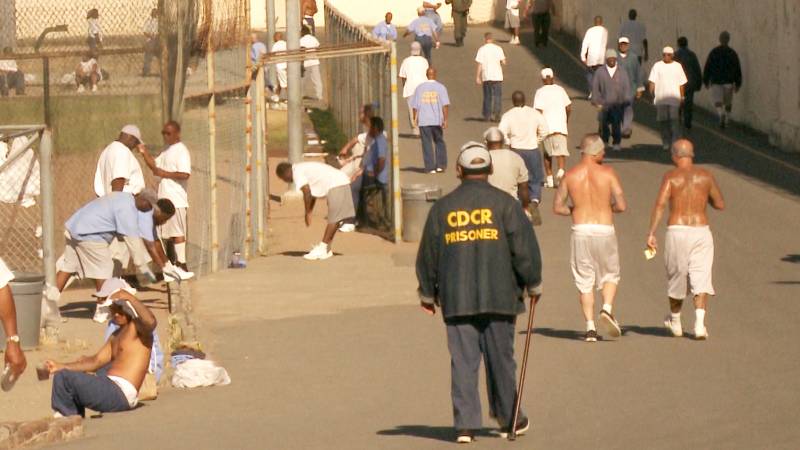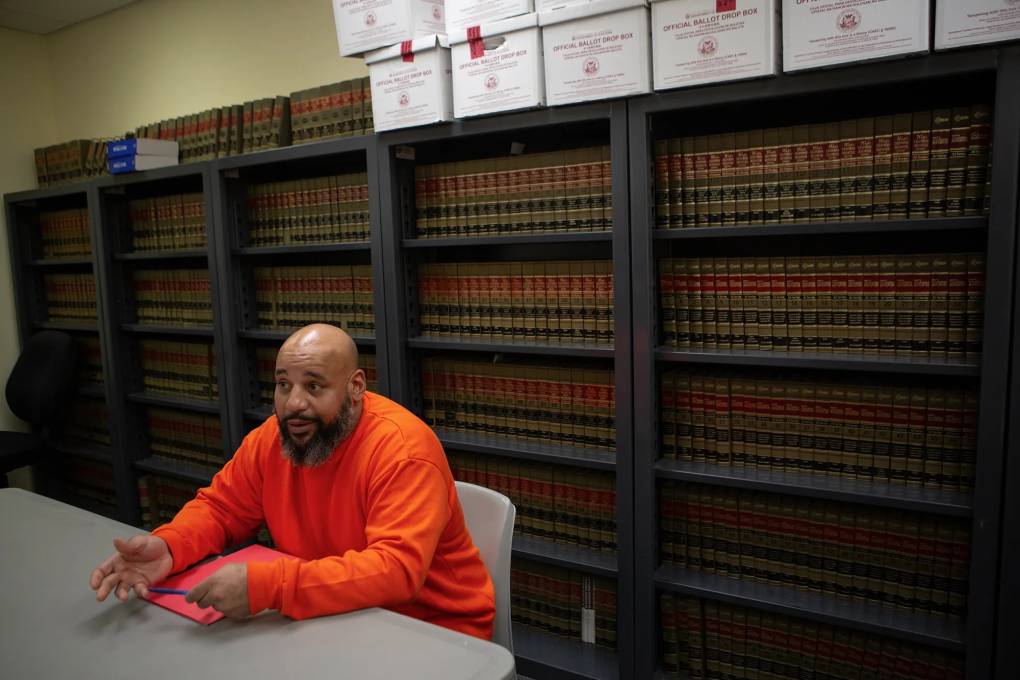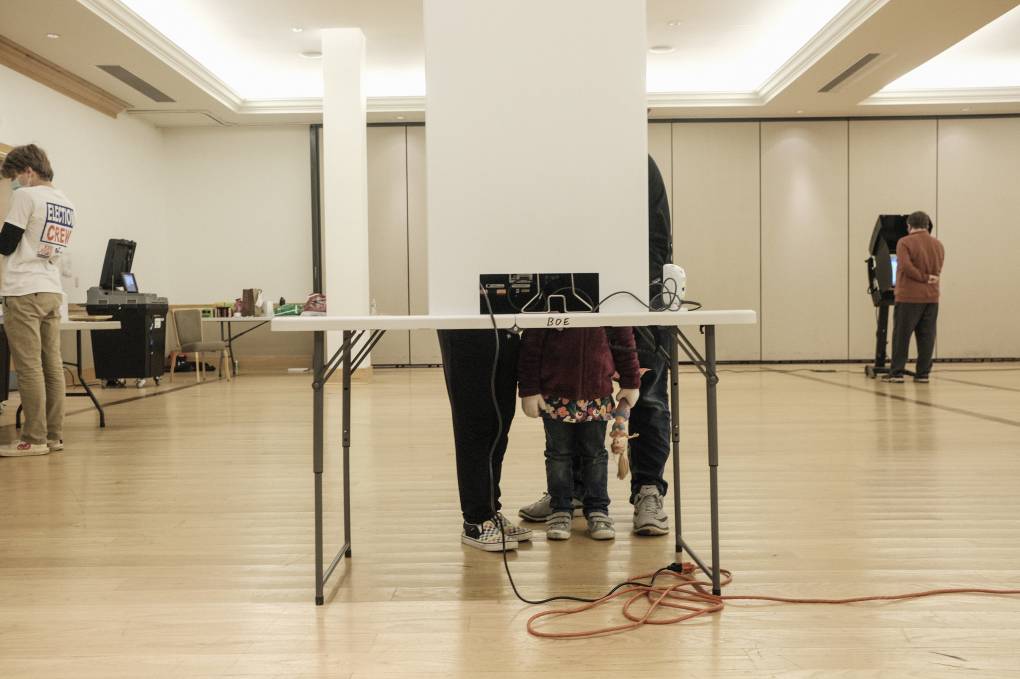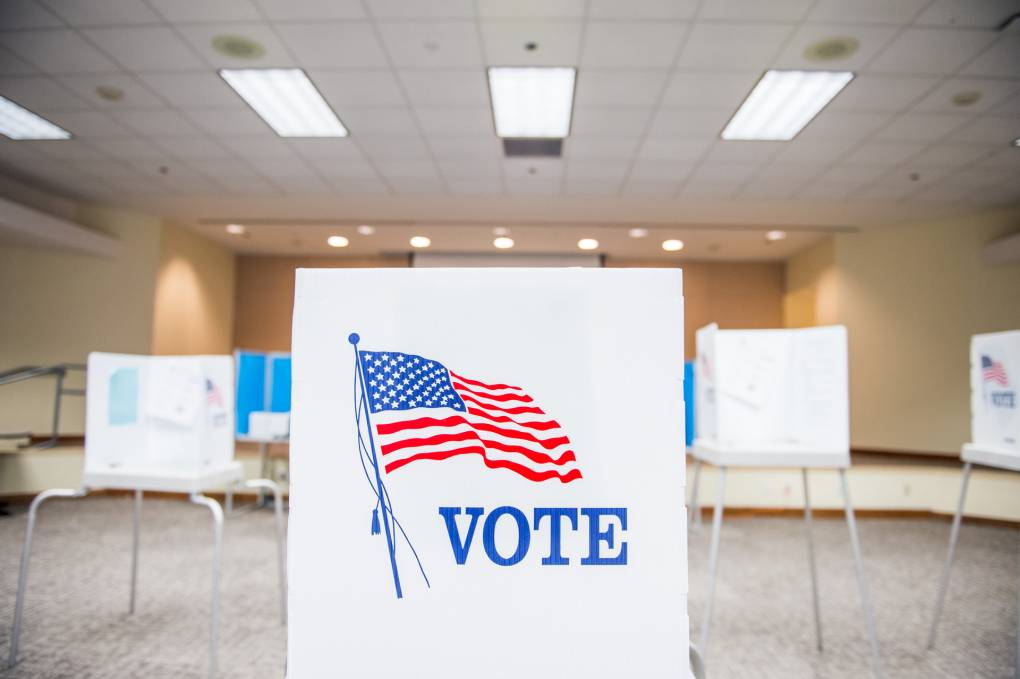Nearly 5.2 million American citizens won’t be able to vote in the upcoming presidential election because of a current or previous felony conviction.
That’s about one out of 44 U.S. adults — close to 2.3% of the voting-age population — who remain disenfranchised because of various state voting restrictions, according to a report released last week by the Sentencing Project, a criminal justice reform group.
Most of this disenfranchised population is not currently behind bars; less than 25% are actually incarcerated. Far more have been released from prison but remain on parole or probation. The largest contingent, though — more than 2.2 million people — have completed their sentences altogether but live in a handful of states where the restoration of voting rights is far from guaranteed.
These voting prohibitions disproportionately affect African Americans, particularly men. One of every 13 African Americans of voting age — more than 7% nationally — is disenfranchised, the analysis found.
The map below shows estimated disenfranchisement rates by state and related voting restrictions, based on the report’s findings. Note that some of the most restrictive states have passed legislation in recent years restoring voting rights to a growing number of people (but not all) who have completed their sentences. See a complete list of current state rules here. (To view map on mobile, turn device horizontally.)
Rates of disenfranchisement vary dramatically by state because of broad variations in voting prohibitions. In Alabama, Mississippi and Tennessee, more than 8% of the adult population — one of every 13 people, is disenfranchised, according to the report.
Some supporters of voting prohibition laws argue that committing a serious crime indicates a strong lack of moral character and judgement, and justifies disenfranchisement.
The following Above the Noise video from KQED Education does an excellent job breaking down this highly contentious issue.



